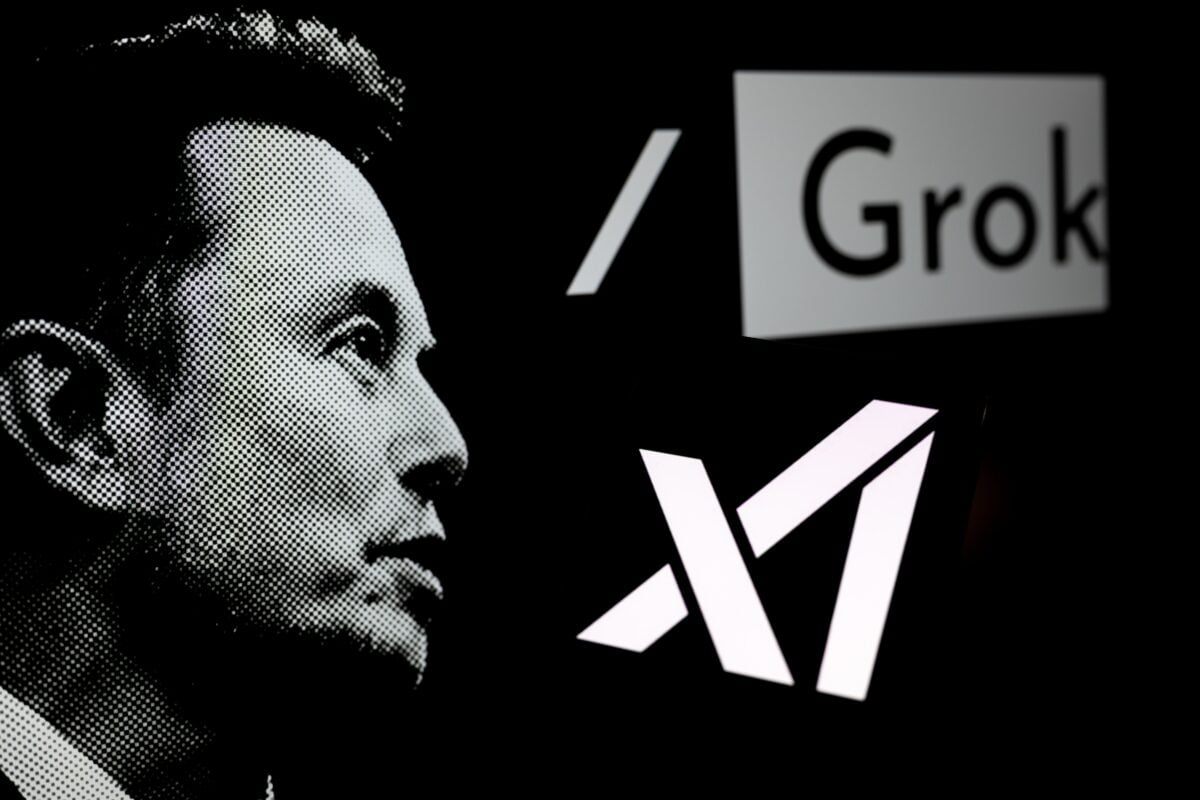TLDRs;
Contents
- OpenAI asks judge to force Meta to hand over Musk bid-related documents despite Musk’s objections.
- Musk’s legal team says OpenAI already has necessary bid records, calling further Meta disclosures irrelevant.
- Case stems from Musk’s US$97.4 billion bid and broader allegations of attempts to damage OpenAI.
- Jury trial set for spring 2026, with Musk facing multiple overlapping lawsuits against OpenAI and Apple.
The high-stakes feud between Elon Musk and OpenAI has taken another turn, with OpenAI urging a federal judge to compel Meta to hand over documents tied to Musk’s abandoned US$97.4 billion bid for the AI firm’s assets.
The request, filed this week, seeks communications that may shed light on whether Musk sought support from Meta CEO Mark Zuckerberg during the attempted takeover.
Meta, however, has resisted, arguing that the responsibility lies with Musk and his AI venture, xAI, to provide the materials. The company’s attorneys contend that OpenAI’s subpoena is unnecessary since Musk has already supplied relevant documents himself.
Musk’s Lawyers Push Back
Musk’s legal team has moved to block the request, claiming that OpenAI has already received extensive records about the bid. They argue that additional disclosures from Meta are redundant and irrelevant at this stage of the case.
OpenAI, led by CEO Sam Altman, disagrees. Its legal counsel argues that the documents requested are narrowly tailored to a specific time frame and may contain crucial oral communications. Such records, they claim, could clarify whether Musk coordinated with Meta to undermine OpenAI’s business or used the takeover attempt as a strategy to damage the company’s reputation.
Broader Legal Battle Intensifies
The dispute over Meta’s documents adds yet another layer to Musk’s expanding legal war with OpenAI. Earlier this month, Judge Yvonne Gonzalez Rogers ruled that Musk must face OpenAI’s claims that he deliberately tried to harm the company through public statements and his high-profile bid. The case is set for a jury trial in spring 2026.
This filing is part of a larger, multi-front conflict. Musk has not only clashed with OpenAI over its transformation from a nonprofit to a capped-profit entity but has also filed an antitrust lawsuit against Apple and OpenAI. He alleges the two companies colluded to suppress his AI chatbot, Grok, through App Store restrictions.
Coalition Building Under Scrutiny
At the heart of OpenAI’s push for Meta’s records is the notion that Musk attempted to build a coalition of tech giants to bolster his acquisition bid. Reports suggest that Musk reached out to Zuckerberg earlier this year as part of the effort, though no formal partnership materialized.
That outreach now looms large in the courtroom. OpenAI’s lawyers believe Meta’s internal communications could confirm that Musk’s takeover attempt was a “sham bid,” designed less as a genuine offer and more as a pressure tactic. If so, it could strengthen their argument that Musk acted in bad faith.
Musk, who co-founded OpenAI in 2015 before parting ways in 2018, is now in the peculiar position of suing the organization while simultaneously trying to restrict its access to evidence against him. Legal experts say this underscores the high stakes involved, not only for Musk and OpenAI but for how Big Tech power struggles are fought in the courtroom.
With billions of dollars, reputations, and the future of artificial intelligence at stake, the upcoming months promise more confrontations, filings, and twists before the case ever reaches a jury.


